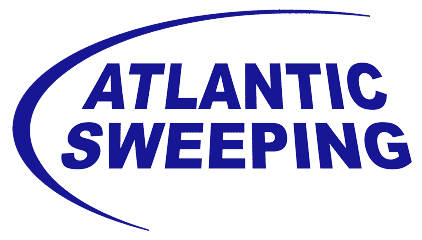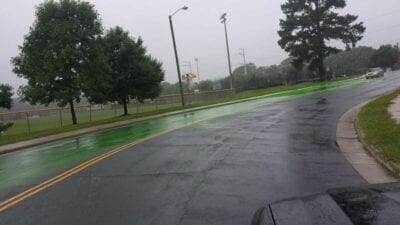It isn’t necessary to be a professional street sweeper to help mitigate stormwater pollution. It can be as simple as putting your trash into the proper receptacle or learning how to dispose of potentially harmful chemicals safely. With a little extra focus and care, we can all make a meaninful difference.
“10 Tips – How You Can Help Prevent Stormwater Pollution”
by North American Sweeper Magazine
Stormwater runoff is rain that falls on streets, parking areas, sports fields, gravel lots, rooftops and other developed land. This rain picks up and mixes with what’s on the ground such as Oil, grease, metals, coolants, fertilizers, pesticides, bacteria from pet wastes and failing septic systems, soil from construction sites, soaps from car or equipment washing, accidental spills and whatever else ends up on the ground.
This polluted runoff then rushes into nearby gutters and storm drains and into streams, lakes, rivers, and bays. In most areas, stormwater runoff enters these waters without being cleaned of pollutants.
Street sweeping and catch basin cleaning are two common best management practices (BMPs). But there are ways you and I can help.
We have compiled 10 tips on how you can help prevent stormwater pollution without becoming a street sweeping professional:


